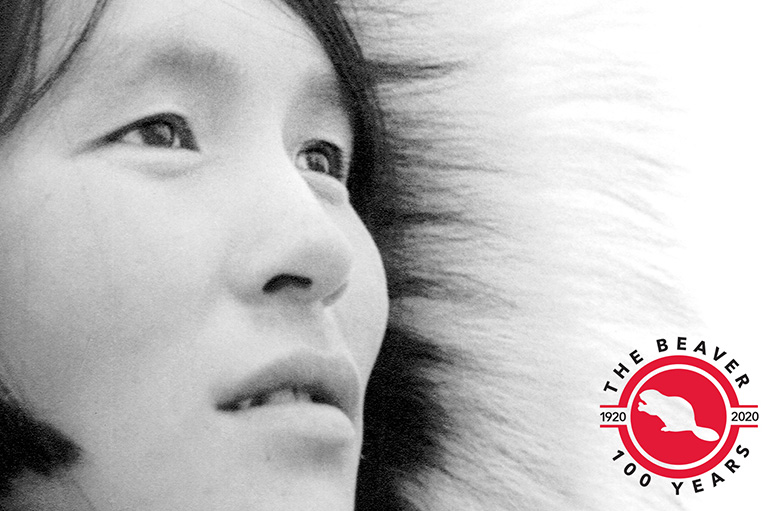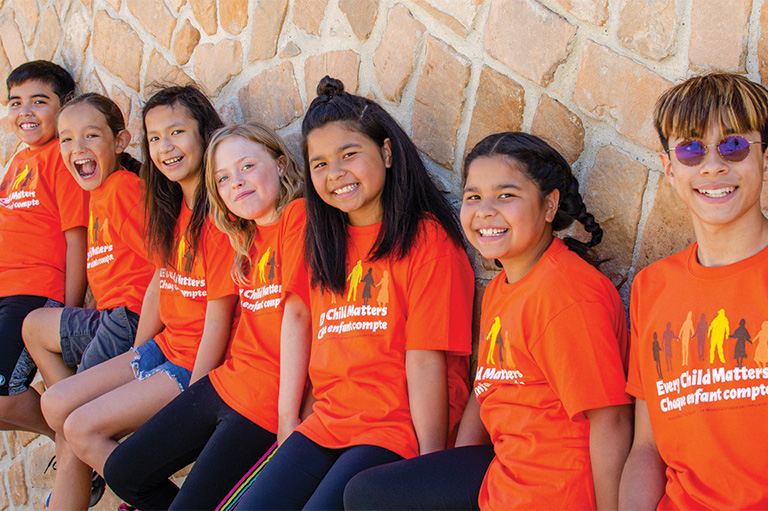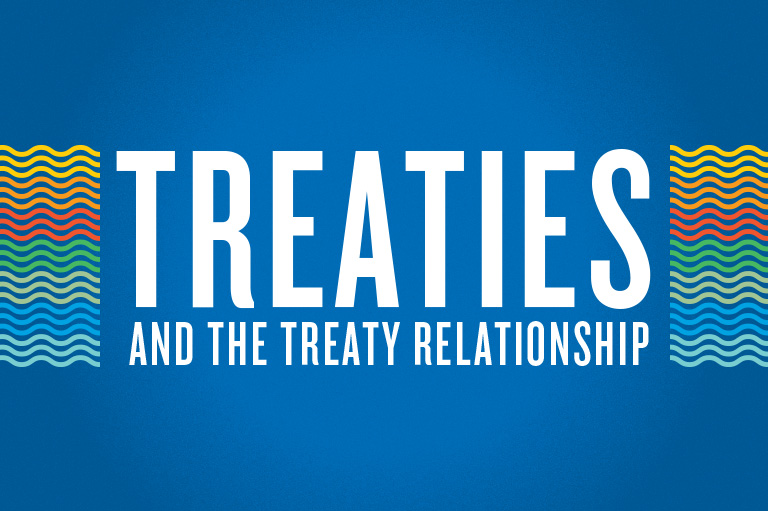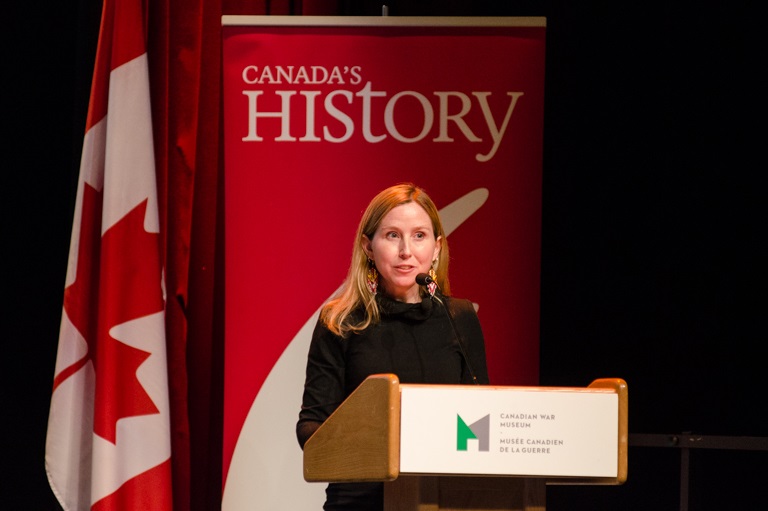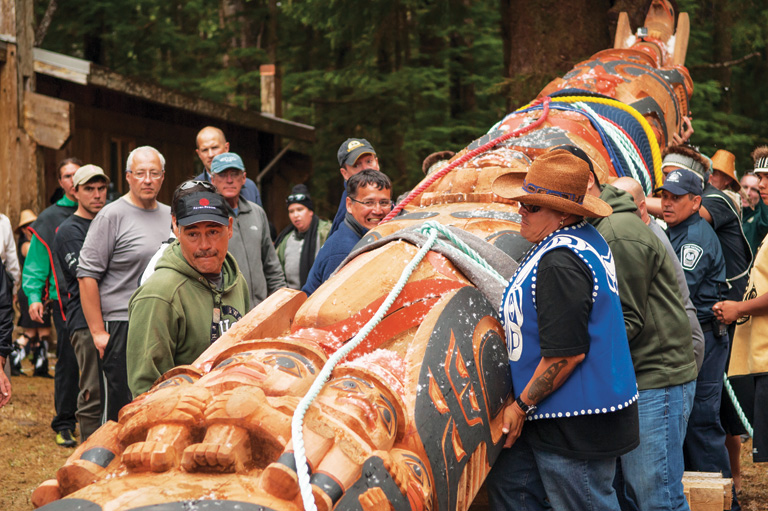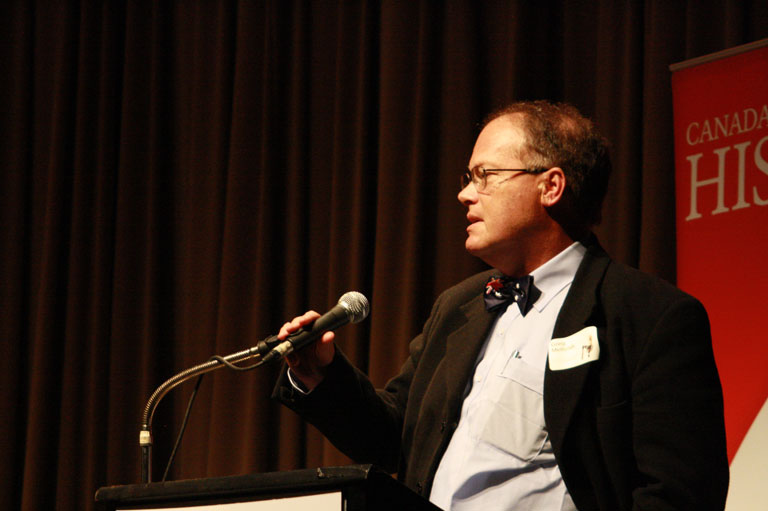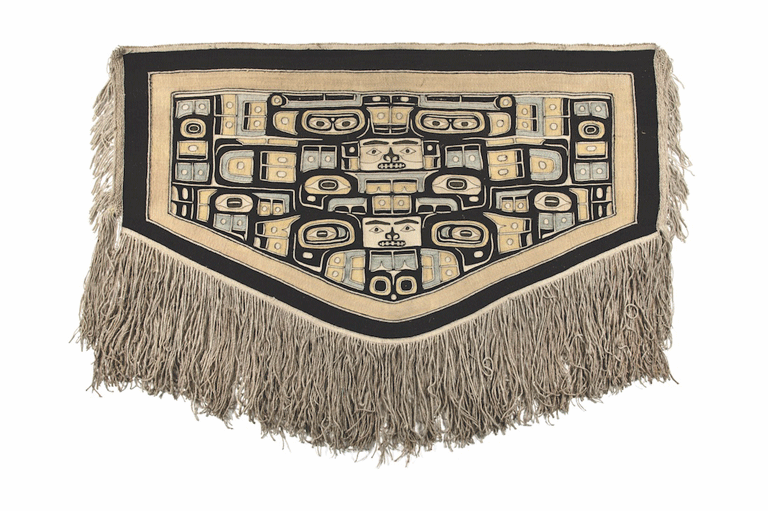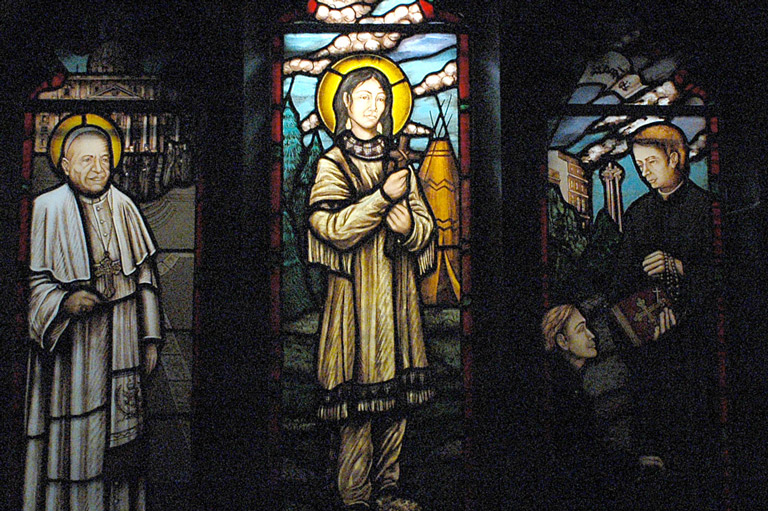The Hue of Hope

Teaching our collective history is no longer the sole responsibility of educators or institutions. Today there are opportunities for all Canadians to enter the dialogue about sensitive and difficult subject matter.
Everyone remembers their first day of school. Phyllis Webstad, who lived with her grandmother at Dog Creek reserve in central British Columbia, has used her memory of that day to create a powerful platform to help us talk about one of the most difficult subjects we share as Canadians.
In her children’s book, The Orange Shirt Story, Webstad describes her residential school experience. She was sent to St. Joseph’s Mission near Williams Lake, B. C., and, on her first day of school, she wore a shiny, new orange shirt.
Then six years old, she had chosen the bright and bold colour because it represented the promise and excitement of learning. However, when Webstad arrived at school her shirt was removed, never to be returned. And the clothing wasn’t the only thing taken from her that day — she also lost her sense of self.
Webstad is Northern Secwépemc (Shuswap) from the Stswecem’c Xgat’tem First Nation and has earned diplomas in business administration and accounting. But perhaps most notably, in 2013 she helped to found Orange Shirt Day to honour the experience of residential school survivors and their families.
Since then, on September 30, participants across the country are encouraged to wear an orange shirt to acknowledge this painful piece of history. School boards use the event to teach children about residential schools, and each year more communities hold T parallel activities such as walks, public lectures, and film screenings.
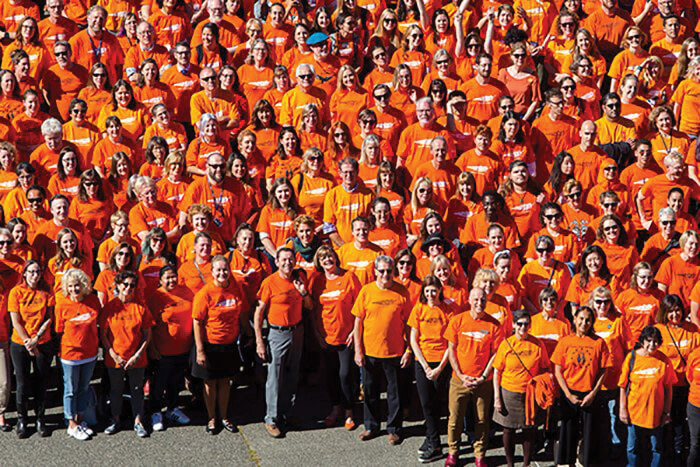
In 2017, Webstad received a Distinguished Alumni Award from Thompson Rivers University for her unprecedented impact on local, provincial, national, and international communities through the sharing of her orange shirt story.
Citizens like her are strengthening our communities through participatory and inclusive projects that add depth and significance to our understanding of the past. The simple act of engaging with others means that each of us can answer the larger call to action.
In 1973, a single orange shirt changed the thinking of one child. It had become a dark symbol of worthlessness and shame, but the shirt is now a harbinger of hope for future generations and part of a declaration by Phyllis Webstad that every child matters.
You might also like...
At Canada’s History, we highlight our nation’s past by telling stories that illuminate the people, places, and events that unite us as Canadians, while understanding that diverse past experiences can shape multiple perceptions of our history.
Canada’s History is a registered charity. Generous contributions from readers like you help us explore and celebrate Canada’s diverse stories and make them accessible to all through our free online content.
Please donate to Canada’s History today. Thank you!

